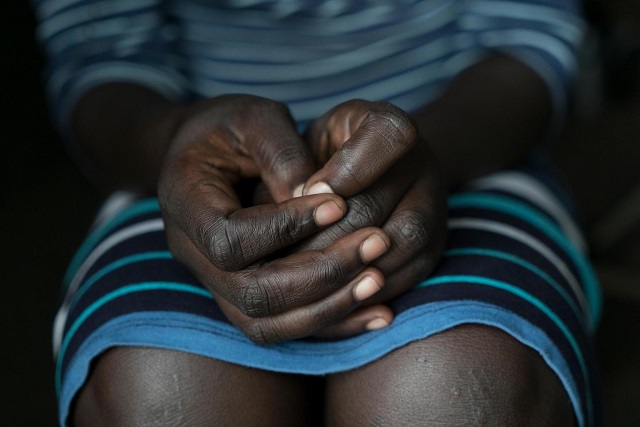
Kampala, Uganda | THE INDEPENDENT | Human rights advocates have raised concern about the effectiveness of the proposed Sex Offenders’ Register.
According to the Sexual Offences Bill, 2024, persons convicted of sexual offences will have their data registered with the National Identification and Registration Authority (NIRA).
The bill seeks to impose stricter penalties on individuals involved in sexual offences, including a proposed 10-year jail term for anyone who amicably settles serious sexual crimes like rape and defilement without the approval of the Director of Public Prosecutions (DPP).
During a consultative meeting organised by the Uganda Human Rights Commission (UHRC) that was meant to analyze the bill’s correlation with human rights, advocates unanimously agreed to establish this register as an additional control against sexual violence. However, there were mixed reactions to having someone remain on the register for a lifetime.
Daisy Nabasitu, who represented the Office of the Director of Public Prosecution (DPP), acknowledged the initiative as an aid to prosecution, especially as evidence against serial offenders. However, she questioned the assurance of protecting the registered individuals’ right to privacy since the bill requires convicts’ entire biodata and photos while also granting the minister the liberty to prescribe any additional information.
“Who has access to this register, how do I have access to it, and for what purpose am I going to use it?” she inquired. “Sometimes, this information may be used for other purposes, so how are we going to guard against its misuse, considering that even the public has a right to information?”
She added that the same measure should be extended to other offences, but with streamlined guidelines to ensure the right to privacy for those in the register.
Joelin Akubu, the Uganda Law Reform Commission, Assistant Commissioner, echoed concerns about the register’s infringement on the right to privacy, adding that it could expose offenders to acts of vigilantism from the public and social stigmatization. “This might even extend to the offenders’ family members who are not part of the offence,” she noted. “We don’t want to promote violence in the community, especially violence that extends beyond the actual offender.”
She also raised concerns about the management of this register by NIRA, which she said already has a lot on its plate, including the registration of persons at all stages of life. “Including this sensitive data will put it at risk of potential misuse and exposure,” she stated. “We think that the right to privacy is fundamental and deserves to be protected against unwarranted intrusion, discrimination, and stigmatization.”
The Bill also proposes that an appeal by a convicted person shall not bar them from being registered. However, Akubu argues that this erases the principle of presumption of innocence for the appellant. “We feel that this violates the right to a fair hearing. Therefore, we propose that registration should only stand in instances where there is no appeal.”
Elizabeth Kemigisha, the Head of Policy and Advocacy at FIDA Uganda, mentioned that having one’s name on such a register undermines the concept of remorse, which is a major reason for punishment. “With the register being proposed as it is, it removes the possibility that people can change after punishment, yet this is a fact we live with every day.”
Kemigisha, who also opposed the bill’s proposal for the death penalty, emphasized that laws should be framed to help people change for the better and promote harmonious living in society. However, she argued that this aspect is absent in the proposed bill.
Crispin Kaheru, a UHRC commissioner, stated that sexual violence remains a serious crime whose regulation is not only vital but also crucial for upholding morality within Ugandan society and strengthening gender equity. “Sexual violence takes many forms, such as rape, domestic violence, child marriages, and harmful cultural practices,” he said. “The impact goes beyond the victims, it affects families, communities, and the nation’s social and structural setup.”
He added that sexual violence victims face stigma and discrimination, with many going unsupported. “These people need justice, protection, and healing. To address these issues, we need strong laws, but we also need effective enforcement of those laws.”
******
URN
 The Independent Uganda: You get the Truth we Pay the Price
The Independent Uganda: You get the Truth we Pay the Price



